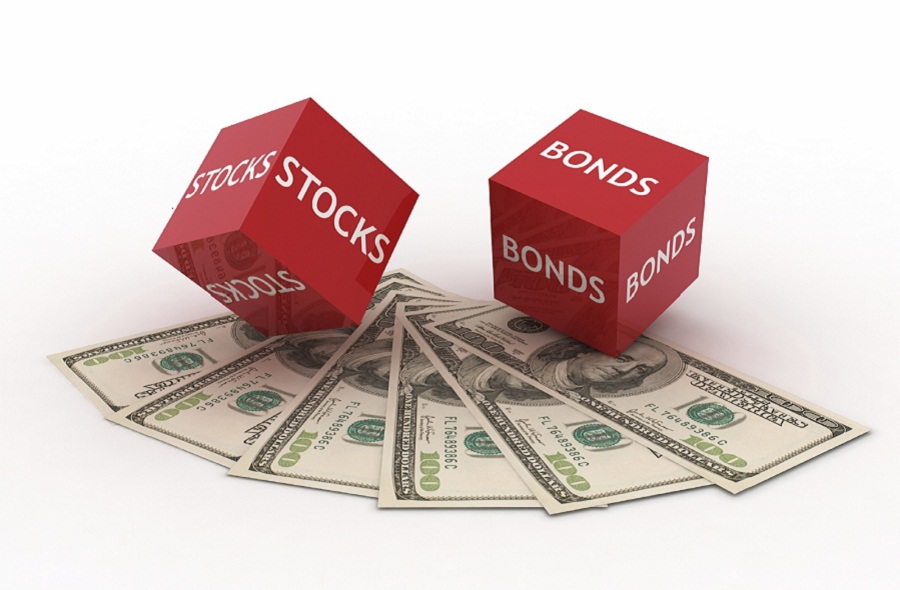For those expecting the great bond meltdown, 2016 has been a really rotten year.
The yield on the 10-year Treasury note has dropped from 2.27% on December 31, 2015 to 1.68% Monday. Bond prices rise when interest rates fall, meaning that this has been a very good year for bonds indeed.
The average long-term government bond fund has soared 10.1% this year, according to Morningstar, the Chicago investment trackers. Those are huge numbers for bond funds: Coincidentally, large-company stocks have gained an average 10.1% a year since 1926. Bonds have returned 5.6%.
Even the less volatile (and more commonly held) intermediate-term government bond fund has notched an average 4.16% rise this year, vs. 1.8% from large-company blend stock funds.
Excluding the period after the financial crisis, the 10-year T-note hasn't been this low since the Treasury started issuing the bellwether note in 1962. The all-time low was set in July 2012 at 1.40%.
So it's not surprising that people have viewed low-interest rates as a
central-bank-induced anomaly. The December 2015 poll of the National Association of Business Economists showed that the average forecast for the yield on the bellwether note was 2.88% by year-end. The perennially bearish Zero Hedge website proclaimed that “The bursting of the bond bubble has begun” in January. Even former Federal Reserve chairman Alan Greenspan warned about a bond bubble in August 2015.
But the Federal Reserve ended its
quantitative easing program – essentially, buying long-term bonds with manufactured money – in October 2014. Since then, the U.S. and Europe have grown sluggishly, while Chinese gross domestic product has slowed. Add on the fears of Britain leaving the European Union, and you have a spectacular flight to ultrasafe U.S. Treasury securities.
And while U.S. yields are low historically, they're richer than an ice cream sundae compared to rates elsewhere. The German 10-year bund yielded 0.05% Monday, while Japan's yields -0.16%. While 1.68% isn't much, it's better than a negative yield.
"Interest rates are not really being set by natural market forces," said Fred Hoff, manager of Fidelity High Income Fund at the Morningstar conference last week. "There are clearly global central bank distortions."
If you ducked into short-term bond funds to avoid the effects of rising interest rates, you barely beat a money market fund. Ultrashort bond funds, for example, have gained just 0.63%. Had you been unfortunate enough to buy ProShares Short 20+ Year Treasury ETF (TBF), an inverse long-term bond ETF, you'd be sitting on an 8.8% loss this year.
Unconstrained bond funds that hoped to shelter investors from falling rates also got clobbered. Neuberger Berman Unconstrained Bond fund (NUBAX), for example, is down 1.43% this year. Invesco Unconstrained Bond (IUBAX) has fallen 3.3%.
Those who embraced the falling yields, or at least didn't bet against them, fared best in the unconstrained crowd. Janus Global Unconstrained Bond (JUCAX) run by former PIMCO star
Bill Gross, has gained 2.97% this year, despite his worries about the effects of negative yields around the world. BTS Tactical Fixed Income Fund (BTFAX) is the champion in the nontraditional bond category: It has soared 11.7% this year.







